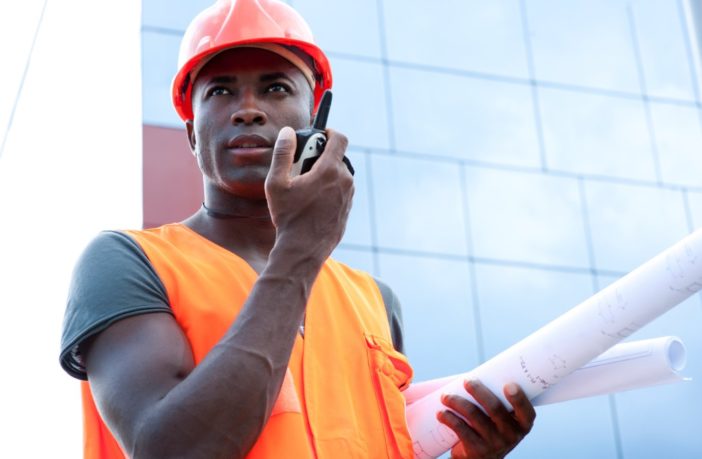The Canada Green Building Council recently opened public registration for the country’s first Zero Carbon Building Program. The initiative supports Canada’s overarching commitment to reduce greenhouse gas emissions by 30%, come 2030. The move is seen as an effort to dispel any myths regarding credibility and a genuine effort to reduce carbon emissions in their buildings.
Many question marks have been raised regarding the authenticity of the rating tools offered by the Green Building Council South Africa (GBCSA). The tools are imported from Australia and ‘adapted’ to the South African context. Moreover, serious questions are raised regarding the measurement of performance against such rating tools with specific reference to carbon emissions. The GBCSA maintains that their Green Star – Existing Building Performance tool takes care of this but in reality there is very little uptake on this tool and no data available to support their claim.
The Canadians on the other hand have delivered a program rather than a rating tool, which provides third-party verification to assess carbon use in commercial, institutional, and residential buildings. This directly promotes carbon reduction as a priority for building performance with independently audited measurement that is available to the public. The standard can be applied to both new and existing structures and aligns with their local and regional policies that target net zero performance. The carbon audits in each case will run for a number of years in order to assess long term outcomes.
Traditionally, the GBCSA has followed the rest of the world regarding the green building movement. Their set of imported rating tools do not help their cause but when one looks at their business model and revenue streams, one begins to understand their lack of real local traction and credibility in South Africa.
The bulk of GBCSA sponsors come from the property sector either in the form of listed property developers, property investment fund managers, suppliers to the building industry, architects, conveyancing attorneys etc. The GBCSA will argue that most of their funding comes from their membership base. Whilst the property industry in SA undoubtedly wants a credible green building council, the public at large remain sceptical because many of the sponsors have a direct or indirect involvement in the buildings accredited by the GBCSA. This raises questions regarding impartiality when it comes to building assessment.
The current structure also makes it difficult to implement authentic building performance measurement when direction provided to the GBCSA is by industry stakeholders through GBCSA board positions. This may explain why there is a reluctance to implement real carbon emissions measurement initiatives.
The South African public are not fooled here. We have a problem; climate change is a glaring reality. Buildings are responsible for approximately 33% of all global emissions, accounting for well over 10 billion metric tons of CO2 emissions. The South African building industry at large is well respected internationally and strives for a genuine reduction in carbon emissions. The Canadians have now shown their mettle by implementing a Zero Carbon Building Program. Will the Green Building Council South Africa follow suite?
Author: Bryan Groenendaal
About the author: Bryan is an accredited Green Star Professional through the GBCSA. He has a Master’s degree in Sustainable Urban Development from Bond University, Australia, where he completed a first class thesis on how to improve green building rating tools.











